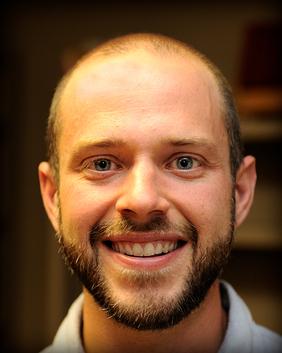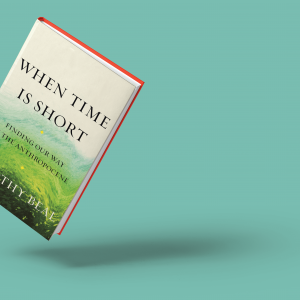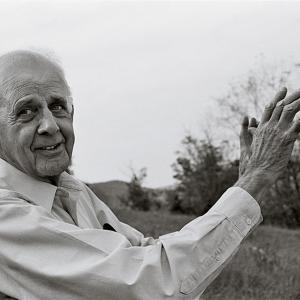
Ragan Sutterfield is an Episcopal priest in his native Arkansas. He writes regularly at thewaywepractice.com.
Posts By This Author
A Humbler Vision of the Human Station
Timothy Beal's "When Time Is Short: Finding Our Way in the Anthropocene" is a "what if it's already too late?" book.
IN 2019, The New Yorker published an essay by Jonathan Franzen titled “What if We Stopped Pretending?” Franzen’s premise was simple—climate change is here, and no power or populace is making the sacrifices to stop it. His essay was met with an outcry that it is not too late, but since then that consensus has eroded. Bill Gates may still write books like How to Avoid a Climate Disaster, but the people who were doing that work while Gates was making his billions have come to darker conclusions.
Timothy Beal’s new book, When Time Is Short: Finding Our Way in the Anthropocene, is, as he states in the introduction, a “‘what if it’s already too late?’ book.” That we have a hard time accepting this possibility, Beal believes, is rooted in “our denial of the mortality of our species.” Those of us formed in an Enlightenment-capitalist frame simply can’t imagine the world without us. And that lack of imagination is one source of the very systems of exploitation and extraction that brought us to this point.
Beal, a religion professor and Hebrew Bible scholar, argues that our denial of death is in large part rooted in a particular (mis)reading of Genesis 1. There, humans are given dominion over creation and named as exceptional creatures in God’s own image. That exceptionalism, read through Enlightenment thinkers such as Francis Bacon and John Locke, became what Bacon called the “charter of foundation” of the colonialist project. Unprecedented exploitation and extraction followed. Indigenous cultures were uprooted from the land because Locke and others believed they had “forfeited by not fully subduing and maximally using its natural resources.”
Can You Make a Film About Wendell Berry...Without Wendell Berry?
Welcome to the world of director Laura Dunn.
IT BEGINS WITH SPEED, the red flash of taillights in the night, the illuminated city bright against the dark. Over the images we hear a voice, resonant in its drawl as the images move to decimated mountains, poisoned streams, and rushing city crowds. The landscapes are swallowed by machines, the people lost to their digital devices as the voice offers a poem about a nightmare where all is sacrificed for an abstract “Objective.” On-screen we are seeing that nightmare, and it looks very much like our daily lives.
The speaker is Wendell Berry, the poet, farmer, and prophet who has been among America’s most sustained voices for the created world and the people and places that are among its members. Many of those who have read Berry say he changed their lives, but even though he has published more than 50 books and won literary accolades, including a National Humanities Medal given to him by President Obama, Berry is not particularly well known in many circles. It was that widespread lack of familiarity with Berry and the urgent goodness of his vision that prompted filmmaker Laura Dunn to create her latest film, Look and See.

